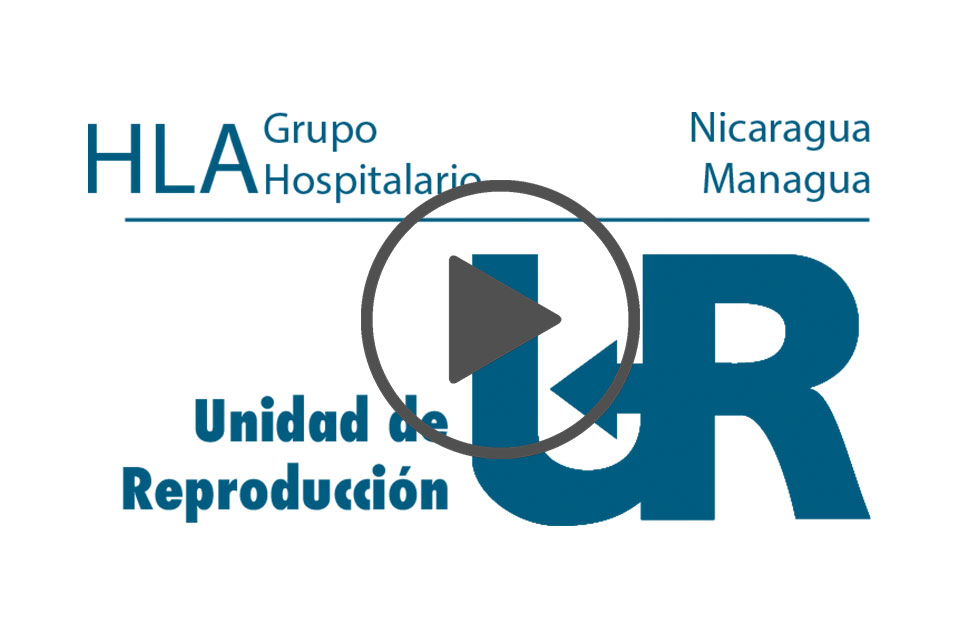The Managua Reproduction Unit uses Preimplantation Genetic Diagnosis (PGD) to prevent the transmission of this hereditary disease
Today, April 17, the 29th World Hemophilia Day will be held, an inherited disorder that presents spontaneous and prolonged hemorrhages caused by the lack or deficiency of coagulation factors. Elements that, together with platelets, are responsible for clogging the lesion of the blood vessels and reducing the bleeding. The annual incidence of the disease is 1 in 5,000 male births and, in general, the disease appears when children begin to walk.
Hemophilia is a genetic pathology that originates in the alterations of the sex chromosome X which causes a deficit of the factor VIII (hemophilia A, the most common) and factor IX (hemophilia B) proteins. They prevent an adequate coagulation of the blood and the risk of both external and internal bleeding, with its consequent sequels. This disease is classified as serious if the biological activity of the coagulation factor is less than 1%, moderate if the activity is between 1-5% and mild if it is between 5-40%.
A disease linked to the X sex chromosome
 To better understand this type of inheritance, it should be noted that males have an X chromosome from the mother and a Y chromosome from the father. On the other hand, females have two X chromosomes, one from the mother and one from the father.
To better understand this type of inheritance, it should be noted that males have an X chromosome from the mother and a Y chromosome from the father. On the other hand, females have two X chromosomes, one from the mother and one from the father.
In diseases with an inheritance linked to the X chromosome, males who inherit a mutated copy of the gene will suffer from the disease, while females who inherit a mutated copy of the gene are normally healthy carriers, although they may suffer an attenuated form of the disease.
Women who carry a mutated copy of the gene have a 50% risk of having sick male children, while the other 50% of males will be healthy. The risk for their female children of being carriers would be of a 50% (usually healthy) and the other 50% would be healthy non-carriers.
With regard to the male carriers of a mutated copy of the gene and therefore sick, there is no risk of having affected male children, as they would inherit the Y chromosome from the father and the X chromosome from the healthy mother. In the event that the sick male has female offspring, 50% of the girls would be carriers of the mutated gene (with the consequent risk to their offspring) and 50% of the girls would be healthy non-carriers.
Preimplantation Genetic Diagnosis (PGD)
Couples in which one of the two members carries a mutation can avoid having sick offspring thanks to the Preimplantation Genetic Diagnosis or PGT-M (Preimplantation Genetic Test for Monogenics).
 Originally, embryo selection was based on the sex of the embryo, avoiding the selection of male embryos and maintaining the risk of selecting a female embryo carrying the disease. The current technology allows us to select embryos on the basis of their genotype, that is, whether or not they are carriers of the mutation, and not according to the sex of the embryo.
Originally, embryo selection was based on the sex of the embryo, avoiding the selection of male embryos and maintaining the risk of selecting a female embryo carrying the disease. The current technology allows us to select embryos on the basis of their genotype, that is, whether or not they are carriers of the mutation, and not according to the sex of the embryo.
Couples at risk can visit an assisted reproduction centre to start an in vitro fertilization cycle and then carry out a PGT-M in order to have healthy offspring.
Thanks to this technique, couples carrying a mutation in one of the two genes that cause hemophilia can have healthy children and thus avoid this serious genetic disease.
The Managua Reproduction Unit specialists will inform you and advise you on the most appropriate treatment for each situation. We offer you personalized attention with the maximum comfort, tranquility and confidence.
You can contact us by phone +505 8465 7955 or by filling in the contact form on our website.
In the Reproduction Unit Managua we foster life.




